Troubled By Constipation? Sarah Spann, Holistic Gut Health Consultant, Talks About Its Causes & Management
What Causes Constipation and How to Manage It: Insights from Sarah Spann, Holistic Gut Health Consultant
Constipation is a very common complaint amongst both adults and children. Maybe you've had it for years and tried laxatives, fibre supplements and all sorts but it is still a problem. Perhaps things are alright for a couple of weeks and then it comes back, or maybe it is something you deal with on a constant basis. You might be struggling to find a connection or a long term solution.
The solution lies in correcting the underlying issue - but this issue could be hundreds of different things. It could be as simple as low fibre in the diet, or it could be a serious medical condition.
So What Causes Constipation?
Constipation is diagnosed according to a set of criteria. Amongst these are: regular straining during bowel movements, mostly lumpy or hard stools, feeling incomplete evacuation or feeling blocked, and less than 3 bowel movements per week on average.
Constipation could also be a change in regular bowel habits for you - for example if you normally have 1 bowel movement per day but sometimes you don't have one for 3 days.
Slow transit time or abnormalities in gut motility are usually involved. This essentially means that it takes a longer time for food to pass through your digestive system. Your organs literally have to push the food along, and this process may occur more slowly for you.

Low Fiber Intake: Not eating enough fruits, vegetables, and whole grains.
Inadequate Fluid Intake: Insufficient water consumption can lead to harder stools.
Lack of Physical Activity: Sedentary lifestyle can slow down bowel movements.
Medications: Certain drugs, like opioids, antacids, and some antidepressants, can cause constipation.
Ignoring the Urge to Go: Habitually delaying bowel movements can lead to constipation.
Stress and Anxiety: Psychological factors can impact bowel function.
Medical Conditions: Issues such as hypothyroidism, diabetes, and irritable bowel syndrome (IBS) can contribute.
Dietary Changes: Sudden changes in diet or eating too much processed food can affect digestion.
Pregnancy: Hormonal changes and pressure on the intestines during pregnancy can lead to constipation.
Some women may also experience cyclic constipation. The hormone progesterone increases in the second half of the menstrual cycle, and it can cause constipation as it inhibits gut motility.
You can check your transit time by eating a meal of grated beetroot or corn on the cob - and don't chew it well. Check the toilet to see when it comes out the other end! Transit time should ideally be 12-48 hours.
It is important to know that constipation is also a symptom of digestive disorders like IBS, coeliac disease, Crohn's disease, diverticulitis, parasites and others. It is worth speaking with your medical practitioner to make sure that this isn't the nature of the problem, as all of these conditions require more specialised treatment.
How To Manage Constipation?
Here are some simple things you can do to help manage constipation.
- Intake Fibre
- Avoid Dehydration
- Exercise Regularly
- Reduce Stress
Here are some natural ways to help constipation simple things you can do to help manage constipation.
Intake Fibre
Generally, we don't eat enough fibre. We should be eating 25g to 35g per day, but on average we eat around 15g per day. There are different types of fibre which behave differently in the body.
- Soluble fibre increases transit time and delays stomach emptying
- Insoluble fibre decreases transit time and increases faecal bulk, so increases bowel movements
- Fermentable fibre such as resistant starch is what your gut bacteria love to eat. It helps create a healthy environment for your good bacteria to thrive, and this helps keep you regular
Psyllium is a common fibre supplement, but it is actually a soluble fibre, so it is not necessarily helpful for constipation. If you are constipated, you should be focusing on taking insoluble fibre supplements for constipation along with dietary sources - found in whole grains, seeds and in the skins of lots of fruits and vegetables.
Resistant starch is found in under-ripe bananas, legumes, and cooked then cooled rice and potatoes.
You may have been diagnosed with IBS and are on a low FODMAP diet, which cuts out a lot of these beneficial fibres. This is one of the reasons why it is so important to work out which specific foods are causing the issue. Diversity is key in gut health and bowel regularity. FODMAPs are great for relief in the short term, but a restrictive diet in the long term makes things more difficult.

Avoid Dehydration
Water helps to keep your intestines smooth and flexible to push the food through efficiently. This improves transit time. The body needs water to do most things, including to produce energy. Because it is so important that the body has water,as dehydration leads to constipation if you do not drink enough then the large colon will reabsorb most of the water from the food and waste. The result is dry and hard stools which are difficult to pass.
Aim for 2-3 litre per day. If this is difficult for you, try buying a big bottle of water and making it a goal to finish it, or have a running tally of how many glasses of water you drink to make sure you meet the goal.
You could also add strawberries, mint or citrus fruits to the water to give it a bit of flavour. Herbal teas are also helpful, but caffeine and alcohol actually dehydrate you, so you will need to drink more water.

Exercise Regularly
Exercise stimulates your digestive organs to push the food along, AND it helps to alleviate stress and increase serotonin production (see below!). Exercise helps indirectly as well, as it generally encourages you to drink more water and eat a more healthy diet. Exercises to help with constipation doesn't have to be high-intensity - walking is enough to get things moving. There are also certain stretches and yoga poses that you can do to help, if other types of exercise are unavailable to you.
Generally having a more active lifestyle is the easiest way to increase physical activity. Try things like always taking the stairs, getting off the bus a stop earlier, choosing active events to catch up like bushwalking walking in the park or cycling, and stretching while watching TV. Anything you can do to counter high-level sitting will help.

Avoid Stress
Stress is involved in basically everything gut-related. Over 90% of serotonin, our happy feel-good hormone, is made in the gut, and research has shown that having too little serotonin in the gut can cause constipation.
Serotonin is made from the amino acid tryptophan, so consuming plenty of protein like meat, poultry, fish, nuts, seeds and legumes will help increase serotonin production. Exposing yourself to sunlight when you first wake up also gives serotonin a kick start - even just opening the curtains first thing will help.
People who tend to hold their emotions often experience constipation. Here it can really help to explore your beliefs around why you do this. Why don’t you feel like you can express how you feel? There is always a reason behind the feeling. For example, maybe you don’t like to ‘make a fuss’. Why is that?
Exploring this and talking or writing it out can help uncover what you are really feeling and helps to let out stored emotions.

You can find more about constipation here.
About Sarah Spann
Sarah Spann is a Holistic Gut Health Consultant based in Brisbane, Australia. As an author, speaker, clinical nutritionist and wellness coach, she is dedicated to changing the paradigm of gut health and helping her clients to get back the freedom, energy, and vitality their digestive issues have taken away. Sarah’s passion is in empowering people to nurture themselves back to their most vibrant health so they can thrive in their lives.
Sarah was drawn to nutritional medicine after a long history of poor gut health including her diagnosis of celiac disease. With over 10 years of combined personal and clinical experience, and through working with many clients, Sarah has a deep understanding of the unique and holistic approach required to facilitate long-term gut healing.
Sarah’s qualifications include a Bachelor of Health Science (Nutritional Medicine) and Advanced Diploma of Nutritional Medicine. She is a registered nutritionist with the Australian Traditional Medicine Society.
Her work has been featured on Healthline, Food Shopper, and Health Magazine UK, amongst others. She has also featured in many interviews including the Humanley podcast, eHealth Radio Network and Ticker TV.
You can find Sarah at her website https://sarahspann.net or Instagram @therealsarahspann. Her book, Mind the Gut, is available on Amazon.














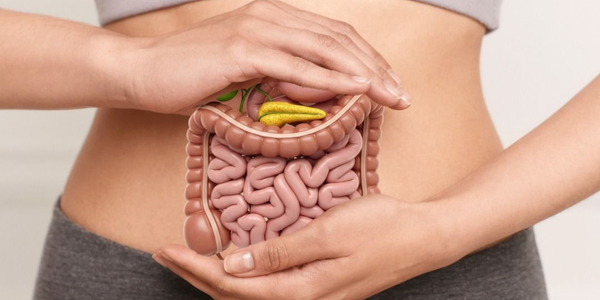

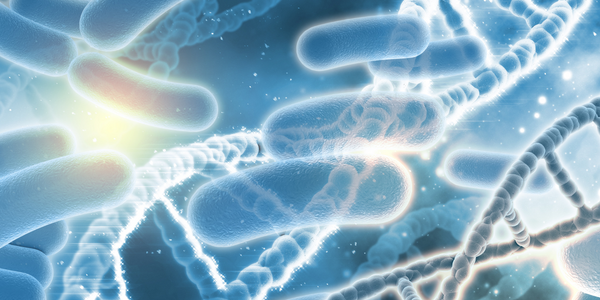

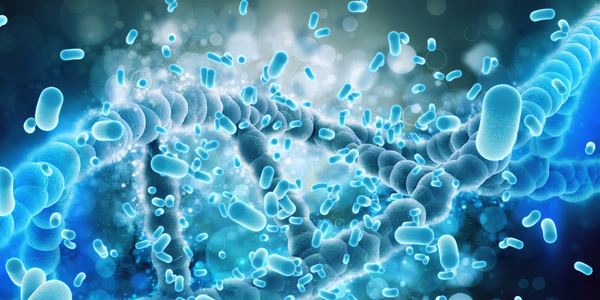
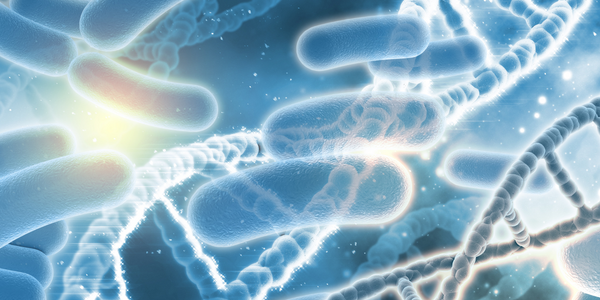
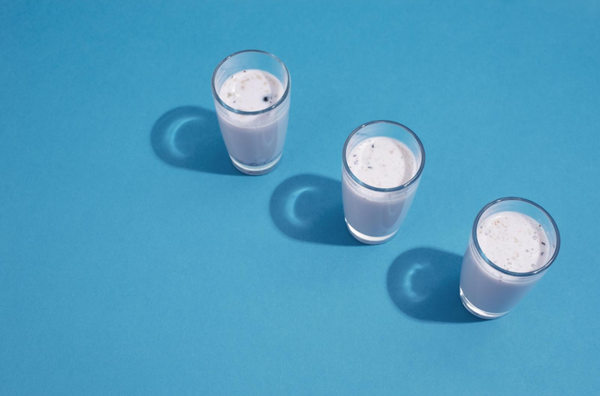






 DOWNLOAD NOW
DOWNLOAD NOW

Leave a comment